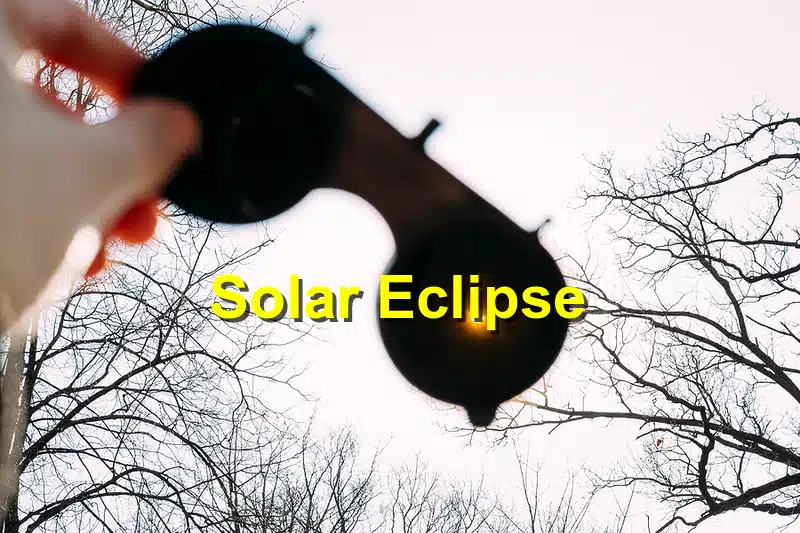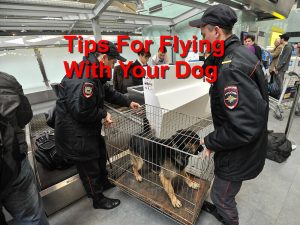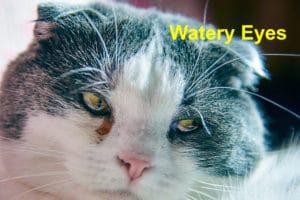A solar eclipse is a spectacular natural event that captivates people around the world. However, it’s important to consider the safety of your pets during this phenomenon. Here are some essential tips and best practices to protect your pet’s eyes and ensure their well-being during a solar eclipse.
1. Understanding the Risks
Looking directly at a solar eclipse can cause serious eye damage due to the intense solar radiation. While pets are less likely to stare at the sun, the risk still exists, particularly if they are curious or if their behavior is influenced by the reactions of people around them.
2. Indoor Safety
The safest way to protect your pet during a solar eclipse is to keep them indoors:
- Secure Indoors: Ensure your pets are kept inside during the eclipse. Close curtains or blinds to prevent them from accidentally looking at the sun.
- Comfortable Environment: Create a calm and comfortable environment indoors. Provide their favorite toys, bedding, and distractions like treats or puzzle toys.
3. Supervision and Distraction
If keeping your pet indoors isn’t possible, supervise them closely and use distractions:
- Leash and Harness: Keep your dog on a leash and harness if they need to be outside. This allows you to control their movements and prevent them from looking at the sun.
- Engage and Distract: Engage your pet with their favorite toys or activities to keep their attention away from the sky. Use treats or playtime to distract them during the eclipse.
4. Special Protective Gear
Consider using protective gear designed for pets if you must be outside during the eclipse:
- Pet Sunglasses: Special sunglasses for pets, known as “doggles,” can provide some protection. However, they may not be completely effective against the intense rays of a solar eclipse.
- Avoid Direct Exposure: Even with protective gear, it’s best to avoid exposing your pet to direct sunlight during the eclipse. Use shade or indoor spaces whenever possible.
5. Educate Yourself and Others
Stay informed about the timing and duration of the eclipse to plan accordingly:
- Eclipse Schedule: Know the exact times when the eclipse will occur in your area. Plan to have your pets safely indoors during these periods.
- Inform Family and Friends: Educate family members and friends about the risks and necessary precautions for pets during a solar eclipse. Ensure everyone is on the same page about keeping pets safe.
6. Monitoring Behavior
Pay attention to your pet’s behavior before, during, and after the eclipse:
- Signs of Stress: Watch for signs of stress or anxiety, such as panting, pacing, or whining. Provide comfort and reassurance to help them stay calm.
- Post-Eclipse Check: After the eclipse, check your pet’s eyes for any signs of irritation or discomfort. If you notice anything unusual, consult your veterinarian.
7. Veterinary Advice
Seek advice from your veterinarian if you have concerns about your pet’s safety during a solar eclipse:
- Professional Guidance: Your veterinarian can provide specific recommendations based on your pet’s health and behavior. They may also suggest additional protective measures.
- Emergency Preparedness: Have a plan in place for emergencies. Know the location and contact information of the nearest emergency veterinary clinic.
Conclusion
Protecting your pet’s eyes during a solar eclipse requires careful planning and attention. By keeping them indoors, using distractions, and considering special protective gear, you can minimize the risk of eye damage. Educate yourself and others about the necessary precautions and monitor your pet’s behavior closely. If you have any concerns, seek professional advice from your veterinarian. With these measures in place, you and your pet can safely enjoy the marvel of a solar eclipse.
References: Jagran-Josh, Sprout-Social




